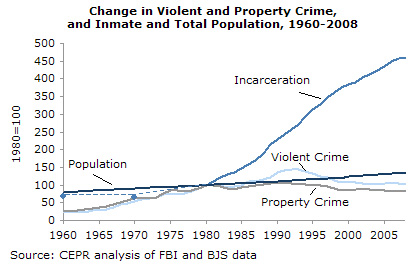 That’s WCTV reporter Greg Gullberg leaning over in the picture on the right. Here’s his report Friday, Protesters Rally For Trayvon Martin At Valdosta’s Old Courthouse,
That’s WCTV reporter Greg Gullberg leaning over in the picture on the right. Here’s his report Friday, Protesters Rally For Trayvon Martin At Valdosta’s Old Courthouse,
Several protesters wore hooded sweat shirts, held boxes of Skittles and cans of iced tea. They asked if those items made them appear suspicious as well.
More excerpts:
“That this community and every community in this country will continue to press for Mr. Zimmerman’s arrest and conviction,” Rev. Rose told Gullberg.The news that Sanford Police Chief Bill Lee temporarily stepped down sparked new life into the rally.
“We all know that he botched the investigation. He did not even arrest Mr. Zimmerman, which would have been standard practice,” said Rev. Rose.
“I think the story is still kind of broad right now, people want to know what’s happened. So I’m actually happy about the crowd that came out today,” Valdosta State University NAACP Chapter President DeAndre Jones told Gullberg.
LAKE videos of the rally.
-jsq











